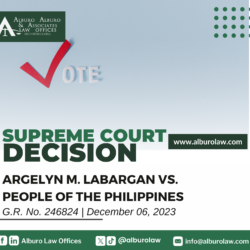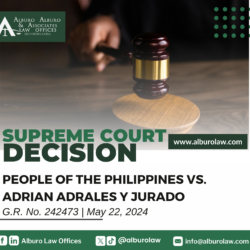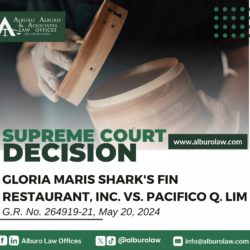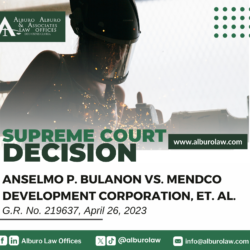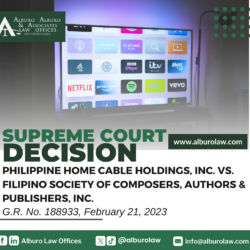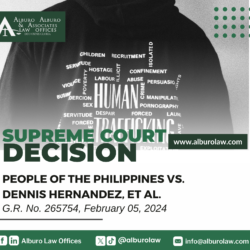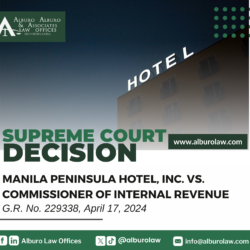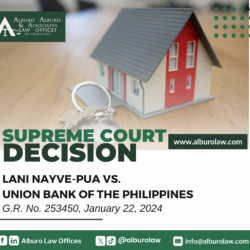The Supreme Court decides: Statements against public officers do not constitute defamation when made in relation to their discharge of official duties
In the case Argelyn M. Labargan v. People of the Philippines, G.R. No. 246824, December 6, 2023, the Supreme Court emphasized that statements against public officers do not constitute oral defamation when made in relation to their discharge of official duties, unless the prosecution establishes that they were uttered with actual malice.


